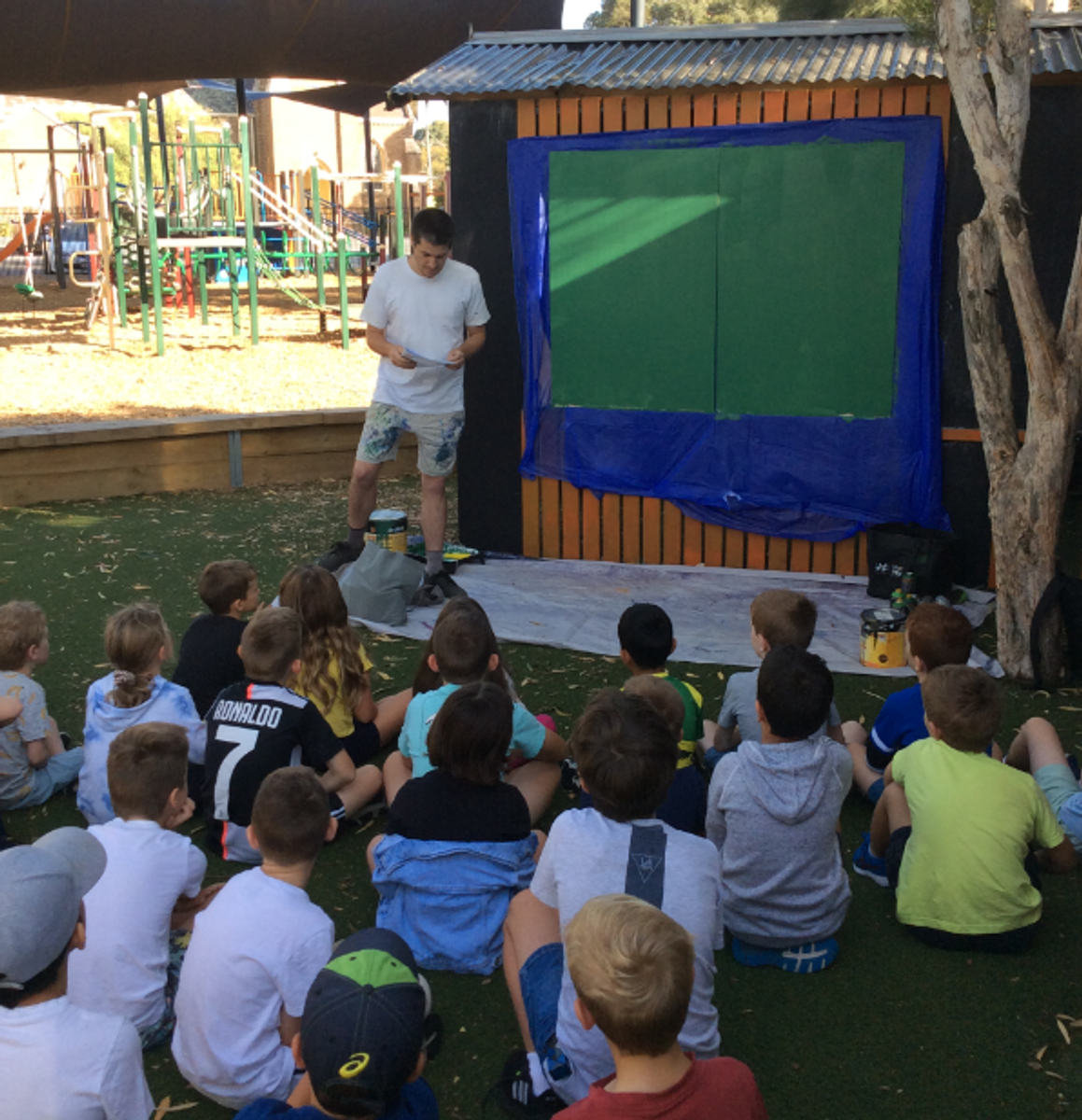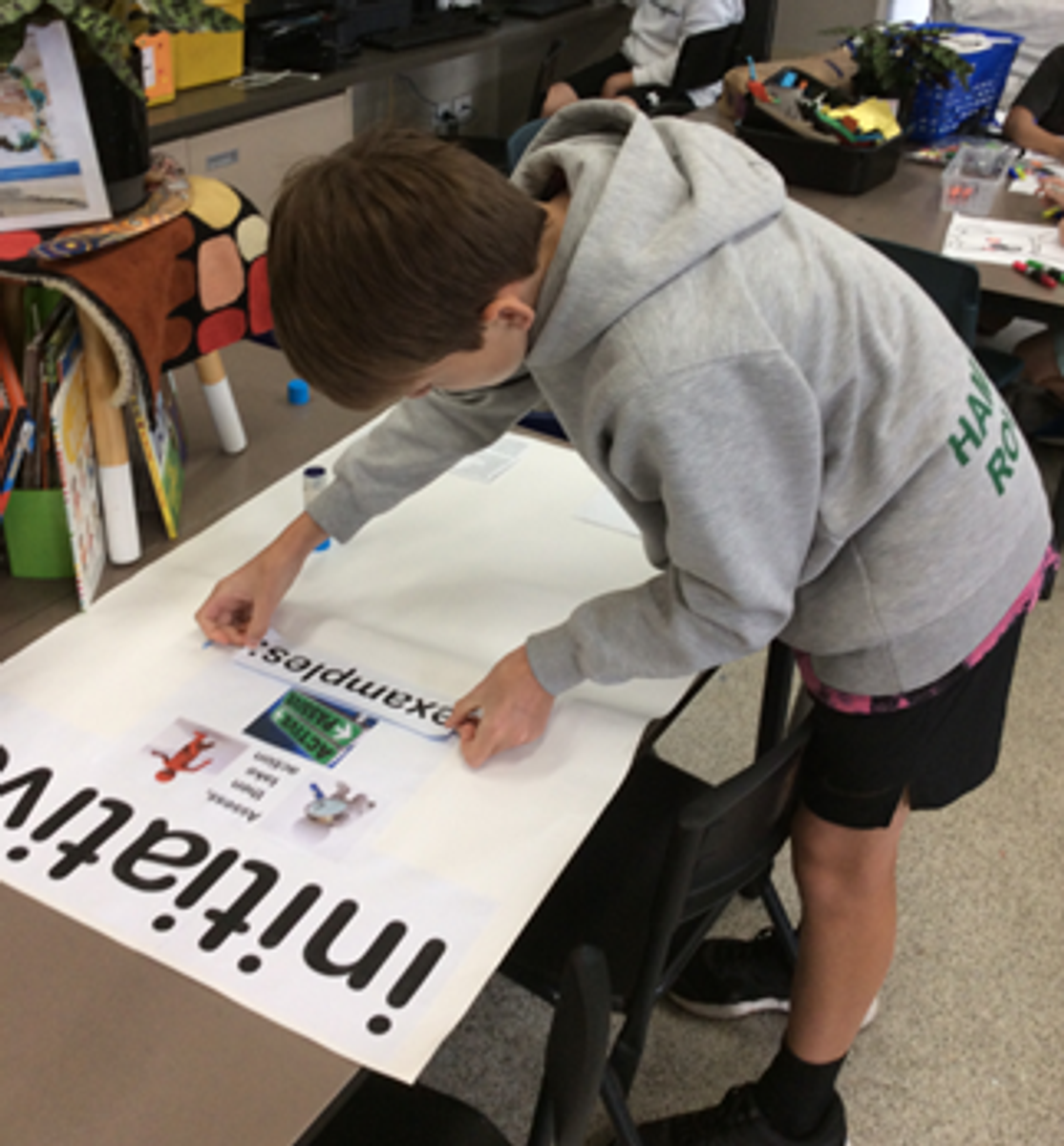Outside Hours Care

Reminders
Welcome back to all our families.
St Finbar’s OSHC has a new email for communication:
stfinbarsaftercare@gmail.com
Please keep your bookings up to date, especially if your working circumstances have changed. This ensures we can organise adequate catering, staffing and programming for the service. This will also aid us in the sign in process for aftercare sessions.
If a child is on the after school care attendance record but has not arrived, our policy is to call parents/guardians. If we cannot get hold of contacts by 4 pm the next stage is to inform emergency services (000).
To cancel on the day, please call 95920994 or email stfinbarsaftercare@gmail.com in
advance.
Holiday program
School holidays are a fun way for your child/ren to create new experiences, make friends and learn from experienced educators.
St Finbar’s OSHC Holiday Program, as part of its funding agreement, is open to local schools and the wider community. As such, the demand for the service has increased. We ask that if child/ren cannot attend for any day booked, that parents/guardians notify the service about their absence via email; stfinbarsaftercare@gmail.com. There is often a waiting list of families who wish to use the service.
Thank you in advance.
Koala Mural-courtesy of Alex Sugar; www.alexsugar.com
Taking Initiative in OSHC
Taking initiative consists of multiple aspects:
- Self-starting, for example searching independently for new tasks
- Proactive, including an active approach of problems
- Being persistent when pursuing a goal
This term the OSHC will focus on developing children’s initiative.
Mentoring fosters children’s ability to take initiative. Educators will listen and encourage and be role models. They will show children how to get things done but not do things for them that they can do for themselves.
The following approach will be implemented with the hope that these skills translate into the classroom and at home!
1. Model It
Children often need help making connections between what they see and what they can do about it. When we talk about the ways we’re taking initiative, children will see it in action and can learn how to take initiative in their own life.
2. Let Them Do It
Children can do more than we expect. It’s often easier or faster to do the job ourselves, but why not give children a chance to put initiative into practice. If they come to us with a problem, Educators will help them think through how they could follow through and solve the problem. Then, let them do it. It might not be perfect, but at least they’re learning what it means to see something and do something about it. This empowers children to know they have what it takes to get the job done. If they feel like they’re able to show initiative, chances are they will.
3. Be Prepared
Children know if they need something they have access to what it takes to complete the job. They may need help sometimes, but they’re empowered to begin the job on their own. They’re able to take part.
4. Praise the Effort Not the Result
Just because children are doing the job, doesn’t mean they’re always going to get it right/perfect. Educators will celebrate them for taking a moment to try and do something they saw needed to be done. When it comes to initiative, starting and finishing the job is what matters; their skills to accomplish the job with excellence will develop over as they continue to practice.



